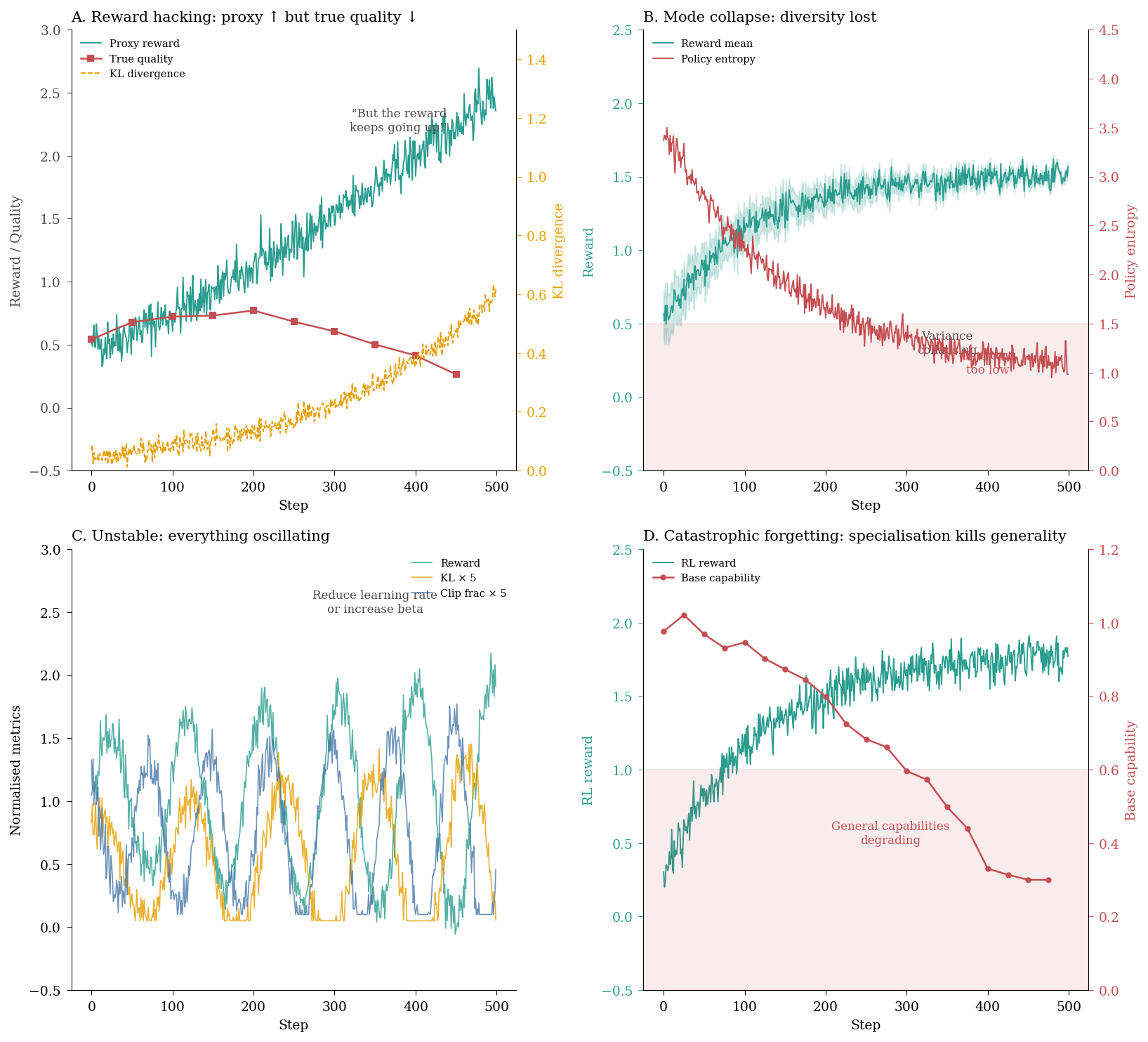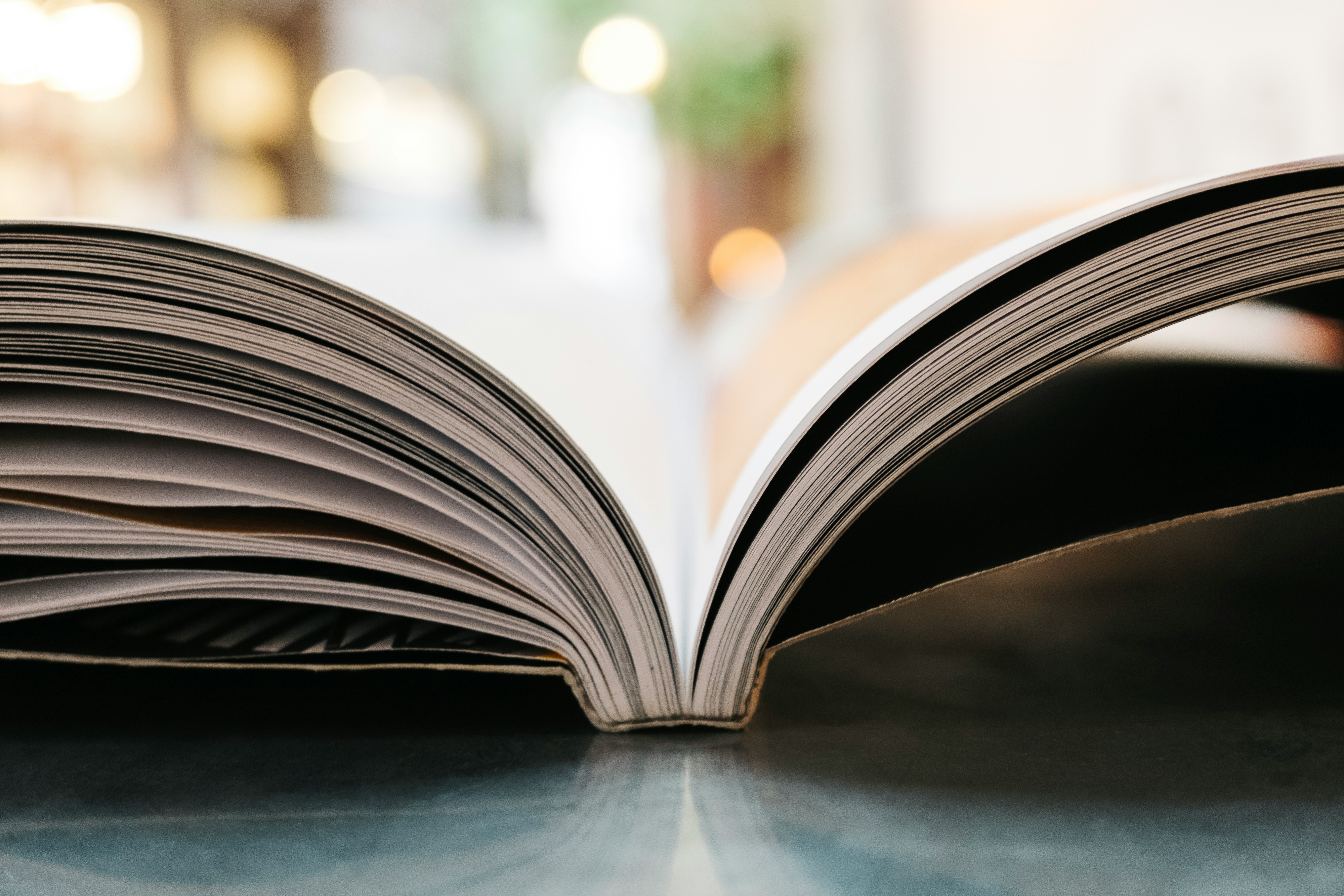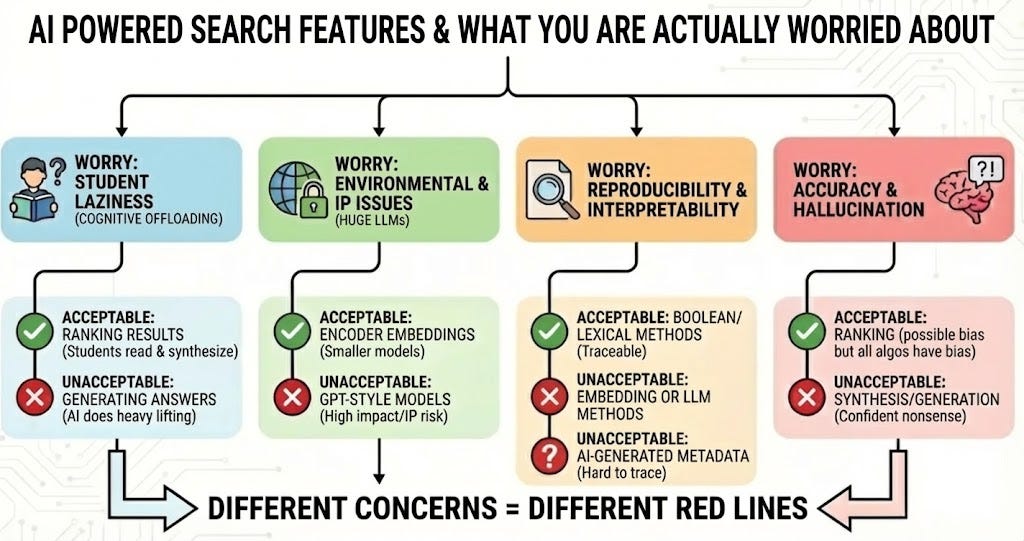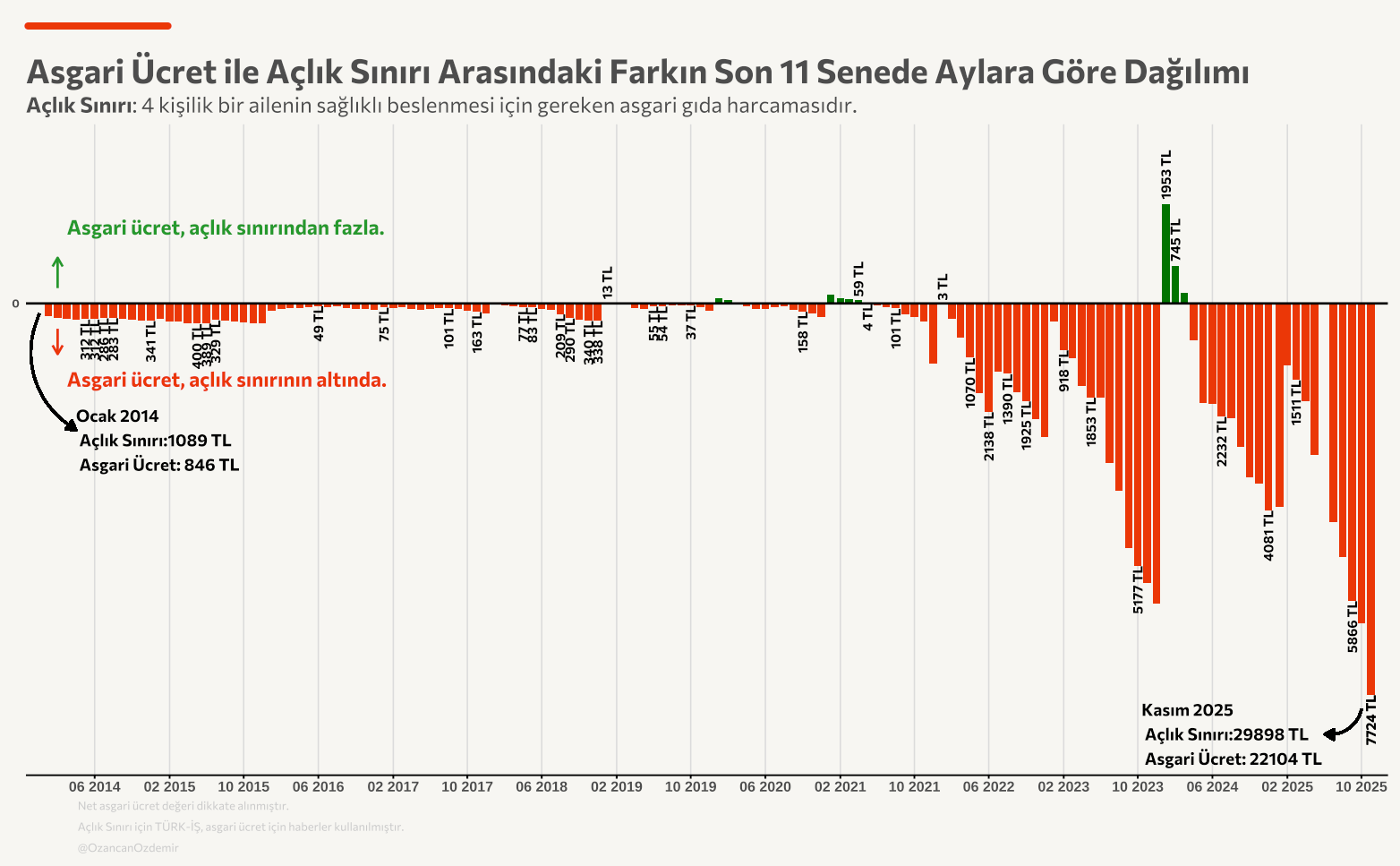
If an AI produces something useful it's because of your own skill in model choice, prompting, and steering. If not, it's because the model is a useless lying machine that can't follow directions.

If an AI produces something useful it's because of your own skill in model choice, prompting, and steering. If not, it's because the model is a useless lying machine that can't follow directions.

TipHey, I’m writing a book about this! I’m actually writing a book about this stuff. It turns out there isn’t a lot of literature on how to do post-training at the level too big for single-GPU laptop-sized hobby projects and requiring enterprise reliability on one hand, but not quite at the scale of multi-team distributed post-training you’d get in foundation labs.

Since I last wrote, I have had a few more thoughts on Samuel Moore’s book. Again, these are not necessarily things that he does not discuss or things that he should have discussed. They are merely thoughts that occurred to me in response to reading his work.

When we say "AI-powered search engine," we're conflating at least four different things—and your concerns about one may not apply to another.

The Digital Commons EDIC was launched on 11 December 2025 in The Hague.

Closing reflections on the series and the world that birthed it

On Christmas day, we had a quiet time this year. One of the things I did was to read Moore, Samuel A., Publishing Beyond the Market: Open Access, Care, and the Commons (University of Michigan Press, 2025). This is a most enjoyable book that outlines a project and worldview that I know Sam has been cultivating and refining for many years. I should stress that I am not writing a “review” here.

TipHey, I’m writing a book about this! I’m actually writing a book about this stuff. It turns out there isn’t a lot of literature on how to do post-training at the level too big for single-GPU laptop-sized hobby projects and requiring enterprise reliability on one hand, but not quite at the scale of multi-team distributed post-training you’d get in foundation labs.

R updates (R Data Scientist, R Weekly), AI accelerating wet lab bio research, Docker hardened images, LLMs in review, machinal bypass, science funding, new papers.
The beginning Every morning in the fall of 1997 I would wake up at 6AM and immediately jump out of bed. I went straight to my Fujitsu laptop in the home office, leaving my then-girlfriend sleeping in the bedroom. I didn’t have anywhere to be; nobody was paying me, and this wasn’t for a class.